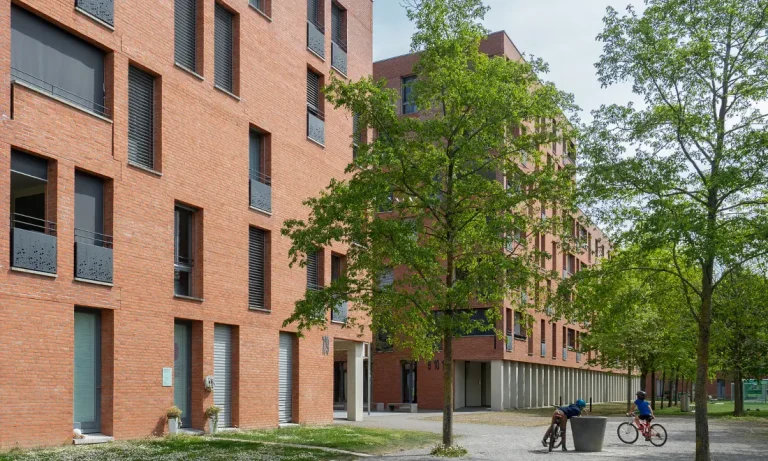🎧 Listen to This Article
Switzerland is set to overhaul one of its most debated tax policies: the taxation of imputed rental value. In December 2024, the Federal Assembly approved the abolition of this tax, pending confirmation through a public referendum.
This reform could significantly impact property owners, particularly those with high mortgage debts or recent renovations. Here’s what tax professionals and homeowners need to know.
What Is Imputed Rental Value?
Imputed rental value is a notional income amount assigned to homeowners based on the estimated rent their property could generate if leased. Switzerland is among the few countries where owner-occupiers must declare this amount as taxable income.
By law, this value must range between 60% and 70% of the market rental value, as determined by each cantonal tax authority. The calculation varies between cantons, adding complexity to Switzerland’s tax landscape.
How It Works: A Tax Example
Consider a homeowner family in Zurich with a taxable income of CHF 100,000. If the tax authority assesses their home’s rental value at CHF 36,000 annually, the imputed rental value (assuming 70%) would be CHF 25,200.
Their taxable income would increase to CHF 125,200 after adding the imputed rental value.
However, deductions are available. In this case:
- Mortgage interest: CHF 12,750 (CHF 850,000 × 1.5%)
- Maintenance costs: CHF 7,500
These deductions reduce the imputed rental value to CHF 4,950 (25,200 – 12,750 – 7,500). Their final taxable income would thus be CHF 104,950.
Regional Variations in Calculation
Swiss cantons have considerable flexibility in determining imputed rental value:
- 11 Cantons (e.g., Lucerne, Ticino, Valais) base it on comparative market rents.
- 7 Cantons (e.g., Bern, Aargau, Fribourg) use hedonic models derived from property sale prices.
- Other cantons, such as Zurich, Geneva, Basel, apply unique valuation methods.
This diversity creates significant regional disparities in tax obligations for homeowners.
Taxpayer Rights: Appeals and Reviews
Imputed rental values are periodically reassessed by tax authorities. However, mistakes—such as ignoring partial occupancy or property alterations—are common.
Homeowners are advised to:
- Review their tax assessments annually.
- Compare the current imputed rental value with previous years.
- File an appeal within 30 days if discrepancies arise.
Appeals must be submitted in writing to the respective cantonal tax office.
What the Reform Means for Property Owners
If the abolition proceeds, it would eliminate not only the imputed rental value tax but also many related deductions, such as mortgage interest and renovation costs.
Likely Outcomes:
- Relief for homeowners with low or no mortgage debt, as their taxable income would decrease.
- Disadvantage for highly indebted homeowners who currently benefit from large mortgage interest deductions.
Fiscal Impact:
The federal government and cantons currently collect CHF 1.5 to 2 billion annually from this tax. The reform could shift Switzerland’s property tax landscape significantly.
Key Takeaways for Tax Professionals
- Imputed rental value taxation may soon be abolished in Switzerland.
- Major implications for mortgage holders, renovators, and property investors.
- Regional tax differences will remain relevant until the reform takes full effect.
- Taxpayers should proactively review their assessments and appeal errors promptly.
For further details, clarification, contributions, or any concerns regarding this article, please get in touch with us at editorial@tax.news. We value your feedback and are committed to providing accurate and timely information. Please note that our privacy policy will handle all inquiries.



